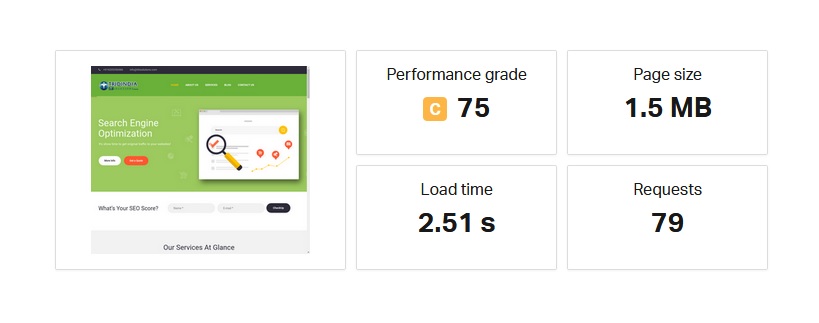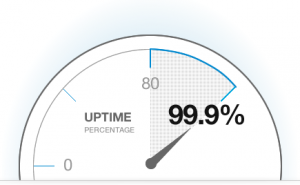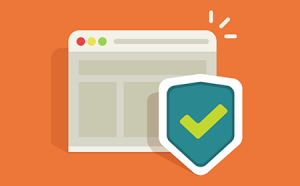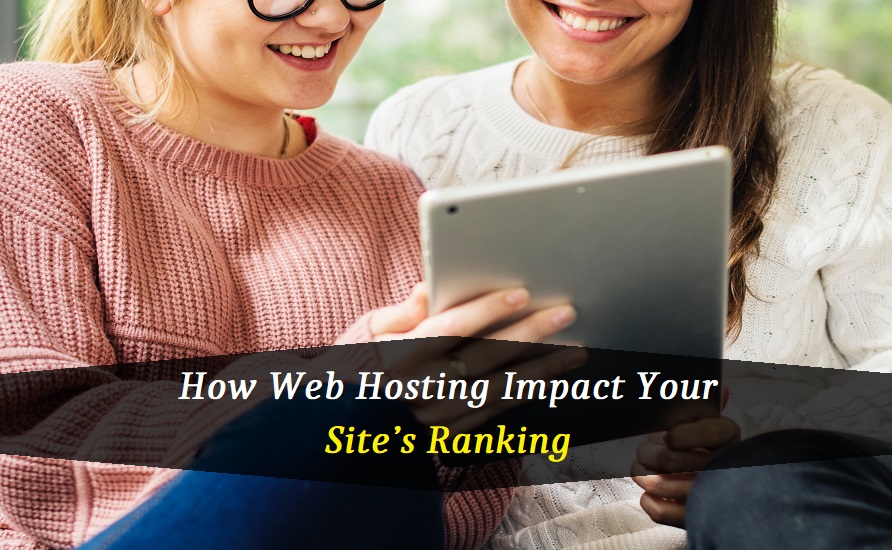Eager to see your website on top of Google search page? Well, with the second page of Google gaining hype as the best place to hide a website in the SEO world, it is obvious to make an effort to get noticed.
The fast loading and smoothly operated websites are more likely to gain better Google search rankings, and a top-notch hosting server is what you need to make it happen. If you are wondering whether choosing a right web hosting company can help you with your search engine ranking, the answer is a big YES!
Yes, you heard it right. Finding the right web host can improve the chances of increasing your web presence.
The host you choose has the ability to either support or damage your rankings. And the extent of its impact relies on the size of your site and its overall traffic levels. That being said, here are some ways in which your web hosts can affect your ranking.
1- Site Speed
Speed matters when it comes website ranking. The faster it loads, the better it will rank in the search engines. In the competitive world, fast loading and responsive websites, are a clear favorite among search engines such as Google.
 And it makes sense because no one likes to sit and stare at a blank screen. A slow loading host can lead your way to poor metrics, like a high bounce rate which ultimately push your rankings down. It also adversely affects the user experience while making it tough for your website to climb up the top page of the SERPs.
And it makes sense because no one likes to sit and stare at a blank screen. A slow loading host can lead your way to poor metrics, like a high bounce rate which ultimately push your rankings down. It also adversely affects the user experience while making it tough for your website to climb up the top page of the SERPs.
Although a lot of things like bulky CSS and HTML codes and heavy media file sizes can slow down a website, your choice of hosting plan will also determine the speed of your site.
The type of hard drive technology and the availability of a content delivery network is some of the host-related factors that can impact the speed of your website.
2- Uptime
 The quality of your web host also determines how accessible your website actually is. Poor host quality can cause high levels of downtime for your site which can damage your SEO rankings.
The quality of your web host also determines how accessible your website actually is. Poor host quality can cause high levels of downtime for your site which can damage your SEO rankings.
On the other hand, better accessibility of your website can improve your rankings in the search engine. When your site is virtually accessible all the time especially when Google crawls it, your site is more likely to be found in relevant searches.
Also, load time will not really make a difference, if your website keeps going down. SEO rankings will certainly drop if your website’s downtime is long.
No search engines will redirect the users to your website if your site is constantly unavailable. The uptime of your website can boost your SEO rankings as well as reputation.
3- Security
 Poor website security can damage your site’s SEO. It can give a chance to hackers to hack your website, create spam pages, and generate fake backlinks.
Poor website security can damage your site’s SEO. It can give a chance to hackers to hack your website, create spam pages, and generate fake backlinks.
Before you could successfully identify the fraudulent page, Google will have already imposed the penalty.
Therefore, it is essential to choose a web host with security technology options and malware removal support. Sometimes, there is unintended site data loss that can hamper your website and a high-quality host with a backup system in place will help you quickly recover.
4- SSL Certificate
 Your website can have a hard time ranking if it doesn’t seem trustworthy to Google as well as your visitors. They will not buy anything from you if they don’t trust you.
Your website can have a hard time ranking if it doesn’t seem trustworthy to Google as well as your visitors. They will not buy anything from you if they don’t trust you.
Installing an SSL certificate on your site is an easy way to improve your trust. The connection between the server and your user’s web browser is encrypted by an SSL certificate. Thus it ensures the secure exchange of personal information while helping your site to improve its rankings.
5- Server Location
The server or IP location of your web host can also affect your SEO rankings. Websites with IP addresses in the same country are likely to be ranked higher than the ones based in other countries. So, it is better to have a host with servers in your country to improve your website’s SEO potential.
IP location can also have an impact on your website’s speed. If your targeting users are in a different country, they are likely to experience slow loading times which can adversely affect your website’s success.
6- Choosing SEO Friendly Host
The choice of host differs depending on the type of site you run and how much website traffic you receive. For a small site with less traffic, a solid shared host is enough to support the site. However, for the site with hundreds of visitors per month, upgrading to a VPS, cloud, or dedicated host is the way to go. Here are some factors to consider while choosing the best SEO-friendly host.
• The high benchmark of performance
• Automated backup system
• Ability to install or purchase an SSL certificate
• High site uptime
• Ability to choose datacenter location
Having the above critical factors will help you get a high-performing host that can boost your rankings, instead of burying it in the search results. Overall, the choice of the host can have a significant impact on your SEO. If your website is not ranking as high as you think it should, your hosting environment could be the culprit.
Final Word
The web host you choose can be a deciding factor that determines whether your site’s SEO is a boom or a bust. A website with a bad host is destined to become a disaster. So either look for a better web hosting option or be prepared for sudden website crash, downtime and greater load time that ultimately results in poor SEO rankings.
If you really want to lift your SEO ranking, don’t compromise on the web hosting quality. With a lot of web hosting services competing for the price, it is easy to fall for the low-cost services. But make sure to go online and check what their customers have to say about the services before taking a decision.
Checking the host quality regularly is a great way to increase your search result rankings as well as user experience that will make the visitors keep coming back for more.
Never miss a story..!!
Grab the Latest SEO & SMO News, Tips, Updates & Trends..!!
See Our Blogcenter
Image1 Credit by rawpixel



